Adolescent depression is a serious mental health issue with distinct signs, including prolonged sadness, loss of interest, and changes in appetite/sleep. Early identification by caregivers and educators encourages teens to seek professional help, specifically depression treatment programs tailored to their needs. These programs employ various therapeutic techniques like Cognitive Behavioral Therapy (CBT), Interpersonal Psychotherapy (IPT), mindfulness-based interventions, and group therapy to empower teens with coping strategies for long-term well-being. Medication, such as SSRIs or SNRIs, is often prescribed alongside psychotherapy, requiring continuous monitoring and open dialogue for optimal results in comprehensive depression treatment programs for teens. Integrative approaches combining evidence-based therapies and lifestyle changes further address underlying factors contributing to depression.
Depression among adolescents is a growing concern, yet often overlooked. This comprehensive guide explores various effective depression treatment programs tailored specifically for teens. We delve into the intricacies of adolescent depression, its signs and symptoms, and an array of therapeutic approaches. From Cognitive Behavioral Therapy (CBT) targeting thought patterns to Interpersonal Psychotherapy (IPT) focusing on relationships, we cover innovative methods. Additionally, mindfulness-based therapies, medication options, and integrative lifestyle changes are discussed, providing a holistic perspective on alleviating teen depression.
Understanding Adolescent Depression: Signs and Symptoms
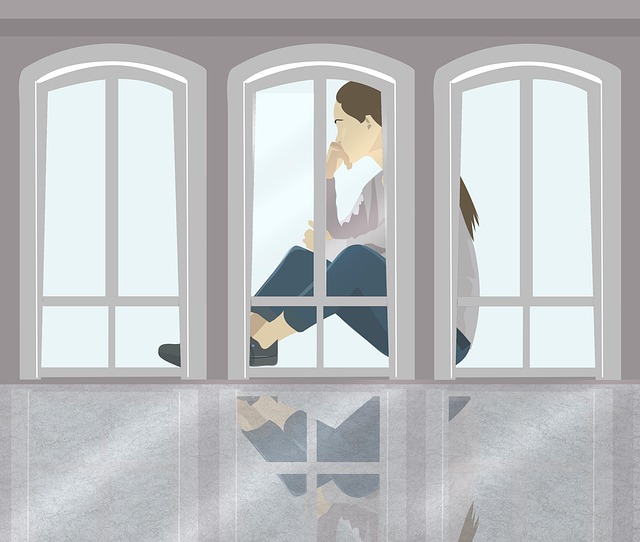
Adolescent depression is a serious mental health issue that requires careful understanding and effective treatment. It’s important to recognize that during adolescence, individuals often experience a range of emotional changes, but when these feelings persist for extended periods and significantly impact daily functioning, it may indicate a deeper problem. Signs and symptoms of depression in teens can include persistent sadness, loss of interest or pleasure in activities they once enjoyed, changes in appetite and sleep patterns, fatigue, feelings of worthlessness or guilt, difficulty concentrating, and recurrent thoughts of death or suicide.
These symptoms can manifest in various ways, from social withdrawal to irritability and anger. Parents, caregivers, and educators play a crucial role in identifying these signs early on. Recognizing the nuances of adolescent behavior and being open to conversations about mental health are essential steps towards providing support and encouraging them to seek professional help, which could include specialized depression treatment programs designed to address the unique needs of teens.
Types of Depression Treatment Programs for Teens

Depression treatment programs for teenagers often include a variety of therapeutic approaches designed to address the unique needs and challenges faced by young people struggling with depression. One common type is cognitive behavioral therapy (CBT), which helps teens identify and change negative thought patterns and behaviors contributing to their depression. Another evidence-based approach is interpersonal therapy, focusing on improving relationships and social functioning, as social factors play a significant role in adolescent mental health.
Additionally, some programs incorporate mindfulness-based interventions, teaching teens techniques to manage stress, regulate emotions, and stay present, which can be particularly effective in combating symptoms of depression. Group therapy sessions also gain prominence, offering teens support from peers facing similar struggles, fostering a sense of belonging and reducing feelings of isolation. These diverse treatment options cater to different preferences and needs, aiming to equip adolescents with the tools they need to overcome depression and promote long-term well-being.
Cognitive Behavioral Therapy (CBT): A Focus on Thoughts and Behaviors
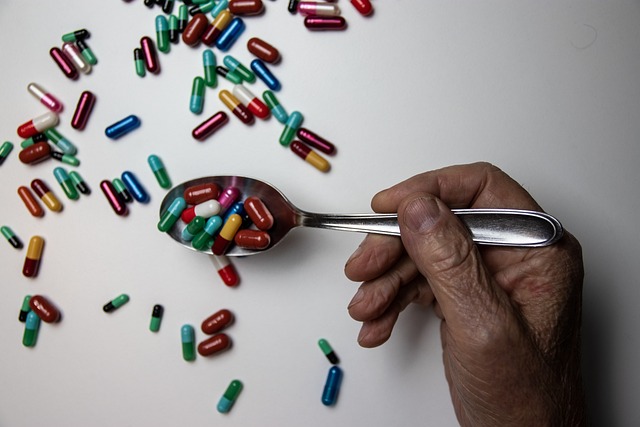
Cognitive Behavioral Therapy (CBT) is a well-established and effective approach for treating adolescent depression. This therapy focuses on identifying and changing negative thought patterns and behaviors that contribute to depressive symptoms. By targeting specific thoughts, CBT helps adolescents challenge and replace irrational beliefs with more realistic and positive ones.
Through CBT, teenagers learn to recognize unhelpful cognitive distortions and develop healthier ways of thinking and acting. The therapy encourages active participation in managing their own mental health, teaching valuable coping strategies. This evidence-based method has proven successful in numerous depression treatment programs, offering a practical and targeted approach to helping young individuals overcome their struggles and improve overall well-being.
Interpersonal Psychotherapy (IPT): Building Healthy Relationships
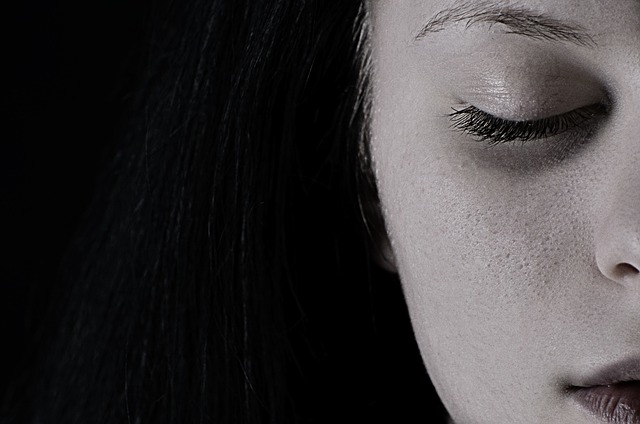
Interpersonal Psychotherapy (IPT) is a highly effective approach for treating adolescent depression, focusing on improving relationships and social functioning. This therapy helps teens navigate and manage difficult emotions by fostering healthier interactions with peers, family, and others in their lives. Through IPT, adolescents learn to identify and change negative patterns of thinking and behaving within relationships, which can significantly reduce symptoms of depression.
The core of IPT involves teaching skills like effective communication, assertiveness, and conflict resolution. By enhancing these interpersonal abilities, teens can build stronger connections, express themselves better, and cope with relationship challenges in a healthier way. This therapy encourages adolescents to explore their feelings about important people in their lives and how those relationships impact their overall well-being, providing them with tools to navigate social situations more successfully and alleviate depressive symptoms associated with loneliness or social isolation.
Mindfulness-Based Therapies: Cultivating Present-Moment Awareness

Mindfulness-based therapies have emerged as a powerful tool in the arsenal of depression treatment programs for adolescents. These therapeutic approaches focus on cultivating present-moment awareness, helping young individuals develop a deeper understanding and acceptance of their thoughts and emotions. By encouraging non-judgmental observation of internal experiences, mindfulness practices enable teens to manage overwhelming feelings more effectively.
Through various techniques like meditation, mindful breathing exercises, and body scans, adolescents can learn to stay grounded in the present rather than getting caught up in worries about the past or future. This heightened awareness fosters better emotional regulation, enabling teens to respond to challenging situations with increased clarity and resilience. Mindfulness-based therapies also promote self-compassion, helping adolescents view their struggles with depression from a more understanding perspective, which can significantly enhance overall well-being.
Medication Options for Adolescent Depression
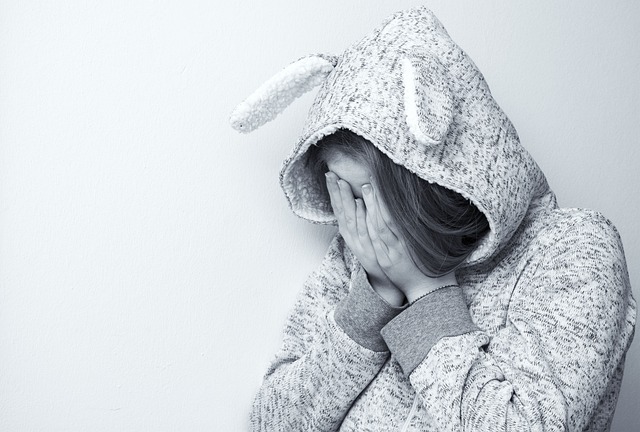
When considering medication options for adolescent depression, it’s crucial to understand that each case is unique. Psychiatrists often prescribe selective serotonin reuptake inhibitors (SSRIs) or serotonin-norepinephrine reuptake inhibitors (SNRIs), which have proven effective in lifting mood and reducing symptoms of depression. These medications work by increasing the levels of certain brain chemicals that help regulate mood, providing a crucial component of comprehensive depression treatment programs for teens.
It’s important to note that these medications are typically combined with psychotherapy, such as cognitive behavioral therapy (CBT), for optimal results. Regular monitoring and open communication between adolescents, parents, and healthcare providers are essential, as the right medication may take time to find or adjust dosages to ensure safety and efficacy.
Integrative Approaches: Combining Therapy with Lifestyle Changes
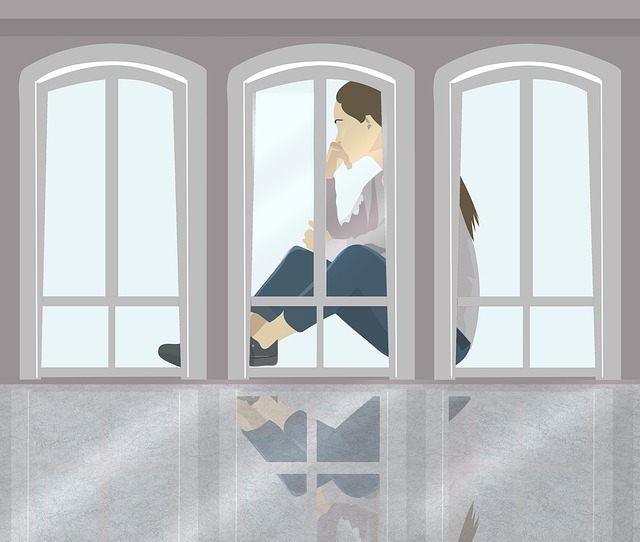
Integrative approaches to depression therapy for adolescents involve a combination of therapeutic techniques and lifestyle changes tailored to individual needs. This holistic method recognizes that mental health is deeply interconnected with daily routines, environments, and personal growth. By integrating evidence-based therapies like cognitive behavioral therapy (CBT) with lifestyle adjustments such as regular exercise, mindfulness practices, and improved sleep hygiene, teens can experience more significant and lasting improvements in their mood and overall well-being.
Depression treatment programs that adopt these integrative strategies offer a comprehensive solution, addressing both the symptoms of depression and the underlying factors contributing to them. This approach encourages adolescents to take an active role in their recovery by developing healthier habits and coping mechanisms, fostering resilience, and promoting long-term mental wellness.
